Filter by
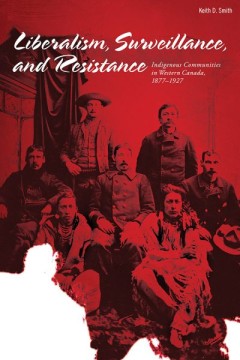
Liberalism, Surveillance, and Resistance Indigenous Communities in Western C…
Canada is regularly presented as a country where liberalism has ensured freedom and equality for all. Yet with the expansion of settlers into the First Nations territories that became southern Alberta and BC, liberalism proved to be an exclusionary rather than inclusionary force. Between 1877 and 1927, government officials, police officers, church representatives, ordinary settlers, and many ot…
- Edition
- -
- ISBN/ISSN
- 9781897425398.01
- Collation
- -
- Series Title
- The West Unbound: Social and Cultural Studies
- Call Number
- 334 pages
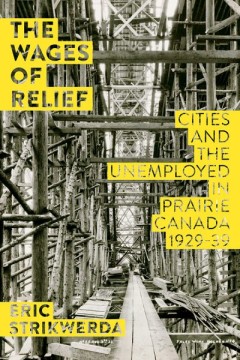
The Wages of Relief Cities and the Unemployed in Prairie Canada, 1929–39
Setting municipal relief administrations of the 1930s within a wider literature on welfare and urban poor relief, Strikwerda highlights the legacy on which relief policymakers relied in determining policy directions, as well as the experiences of the individuals and families who depended on relief for their survival. Focusing on three prairie cities—Edmonton, Saskatoon, and Winnipeg—Strikwe…
- Edition
- -
- ISBN/ISSN
- 978-1-927356-05-0
- Collation
- -
- Series Title
- Working Canadians: Books from the CCLH
- Call Number
- 333 pages
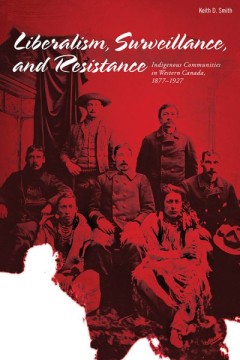
Liberalism, Surveillance, and Resistance Indigenous Communities in Western C…
Canada is regularly presented as a country where liberalism has ensured freedom and equality for all. Yet with the expansion of settlers into the First Nations territories that became southern Alberta and BC, liberalism proved to be an exclusionary rather than inclusionary force. Between 1877 and 1927, government officials, police officers, church representatives, ordinary settlers, and many ot…
- Edition
- -
- ISBN/ISSN
- 978-1-897425-39-8
- Collation
- -
- Series Title
- The West Unbound: Social and Cultural Studies
- Call Number
- 334 pages
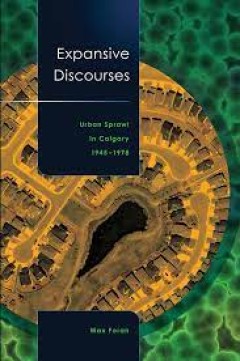
Expansive Discourses Urban Sprawl in Calgary, 1945-1978
A groundbreaking study of urban sprawl in Calgary after the Second World War. The interactions of land developers and the local government influenced how the pattern grew: developers met market demands and optimized profits by building houses as efficiently as possible, while the City had to consider wider planning constraints and infrastructure costs. Foran examines the complexity of their int…
- Edition
- -
- ISBN/ISSN
- 978-1-897425-13-8
- Collation
- -
- Series Title
- The West Unbound: Social and Cultural Studies
- Call Number
- 6 x 9, 284 pages
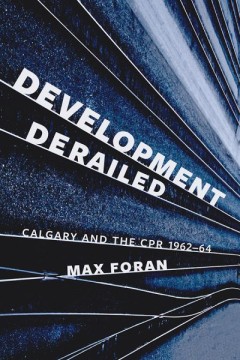
Development Derailed Calgary and the CPR , 1962–64
What, in economic terms, was perceived to be a win-win situation for both parties fell prey to a conflict between corporate rigidity and an unorganized, ill-informed, and over-enthusiastic civic administration and city council. Drawing on the private records of Rod Sykes, the CPR’s onsite negotiator and later Calgary’s mayor, Foran unravels the fascinating story of how politics ultimately u…
- Edition
- -
- ISBN/ISSN
- 978-1-927536-08-1
- Collation
- -
- Series Title
- -
- Call Number
- 272 pages
 Computer Science, Information & General Works
Computer Science, Information & General Works  Philosophy & Psychology
Philosophy & Psychology  Religion
Religion  Social Sciences
Social Sciences  Language
Language  Pure Science
Pure Science  Applied Sciences
Applied Sciences  Art & Recreation
Art & Recreation  Literature
Literature  History & Geography
History & Geography